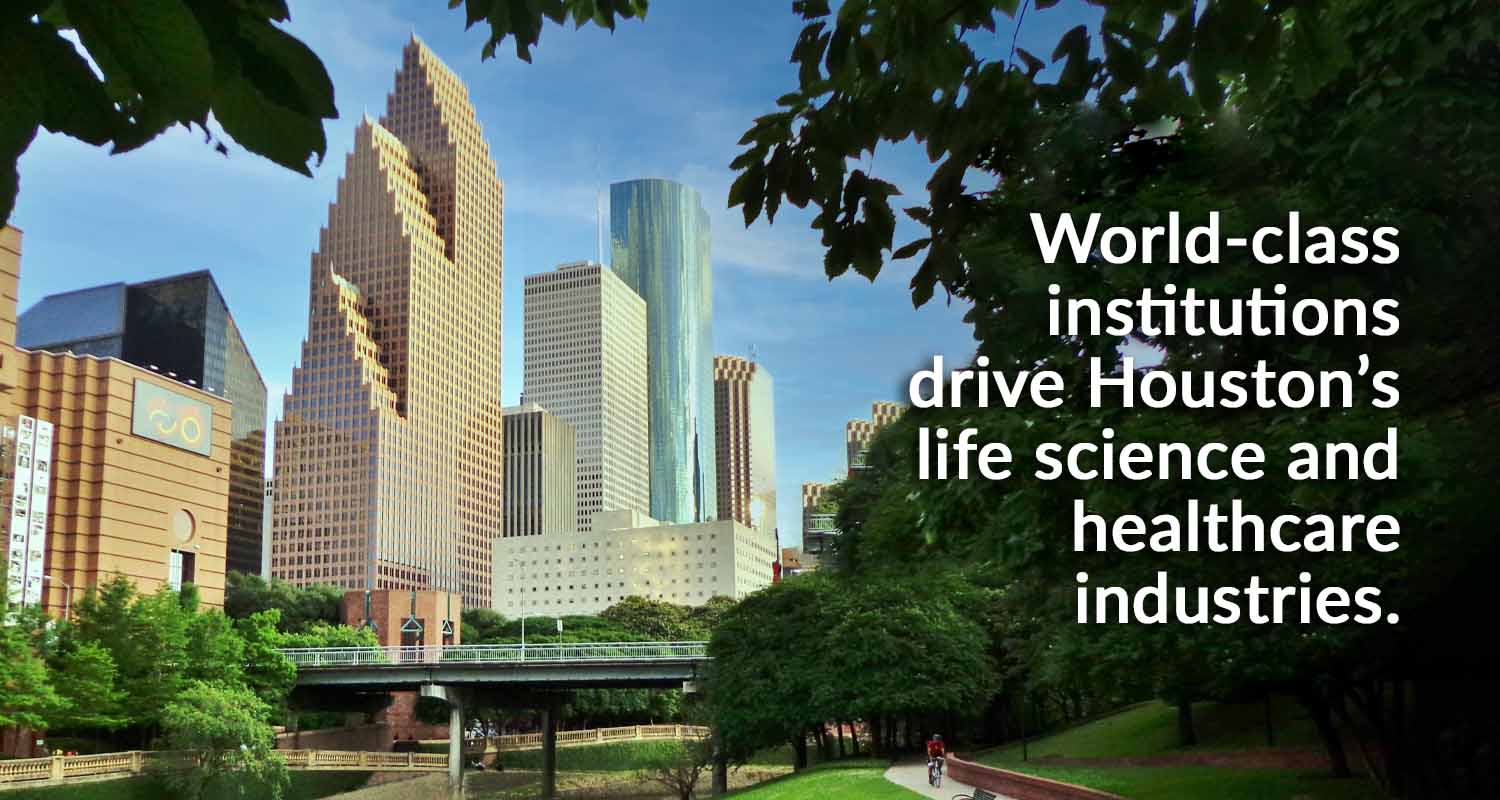Health care and life sciences are major industry sectors in Houston driven by world-class institutions and professional talent. Houston is home to the largest medical complex in the world, the Texas Medical Center, which provides clinical health care, research and education at its 61 institutions. Houston has more than 1,760 life sciences companies, cutting edge hospitals, health facilities and research institutions with a workforce of more than 320,000 people in health care, biotech and related fields in the area. (Source)
Here are my picks for innovative biotech companies in Houston:
Coya Therapeutics, Houston, is developing disruptive, first in class, autologous regulatory T-cell (Treg) and allogeneic exosome therapies – leveraging the seminal discoveries from the laboratory of Stanley Appel M.D., in which dysfunctional Tregs modulate neurodegenerative and autoimmune diseases.
Coya’s pipeline targets devastating diseases such as ALS, Dementia and Alzheimer’s.
CAVU Biotherapies, Houston, provides immune-based solutions to treat cancer and autoimmune diseases in dogs. Their vision is to change the world by keeping pet families intact longer while becoming the global leader in immune-guided personalized medicine. Their initial focus is on canine cancer, and then translating the personalized immunotherapies to treat dogs, cats and horses living with allergies, cancer and autoimmune diseases.
Saranas, Houston, has developed the Early Bird Bleed Monitoring System that detects bleeds for endovascular access procedures the moment they happen, helping to preserve patient outcomes and provide an additional level of assurance for the patients most vulnerable to bleeding events.
Tvardi Therapeutics, Houston, is focused on the development of inhibitors of STAT3, a key signaling molecule positioned at the intersection of many pathways controlling gene networks integral to the survival and immune sequestration of cancer cells as well as to the pathogenesis of many inflammatory and fibrotic conditions.
The company’s lead product, TTI-101, is currently being studied in a first-in-man Phase 1 trial of patients with advanced solid tumors who have failed all lines of therapy. To date, TTI-101 has demonstrated an excellent safety profile and clinical activity.
Greenwich LifeSciences, Inc., Houston, is a public biopharmaceutical company that is developing GP2, a novel peptide immunotherapy, and is planning to commence a Phase III clinical trial.
GP2 is derived from the HER2/neu protein, which is expressed in a variety of common cancers, including breast cancer. Tumors with elevated expression of HER2/neu protein are highly aggressive, resulting in an increased disease recurrence and a worse prognosis. In a Phase IIb clinical trial in the HER2/neu 3+ adjuvant setting, no breast cancer recurrences were observed after median 5 years of follow-up if the patient was fully immunized. In addition, GP2 treatment is well tolerated and no serious adverse events related to GP2 immunotherapy were reported.
ImmunoGenesis, Houston, is bringing hope to cold tumor treatment. Nearly 40% of people will have a cancer diagnosis in their lifetime. Four of the most common cancers resulting in cancer death in the United States are those that are considered cold tumors. The few treatments that are available have poor efficacy. Their platform may change this.
Their novel PD-L1/PD-L2 dual-specific inhibitor is a platform molecule around which several promising treatments for cold tumors can be built. This is the first antibody to target PD-L2. This vision puts ImmunoGenesis at the forefront of scientific exploration.
Built utilizing the platform, their lead asset was engineered with robust effector function. Another PD-L1/PD-L2 antibody from this platform is being developed as a tumor-selective delivery vehicle for our potent stimulator of interferon genes (STING) agonist.
